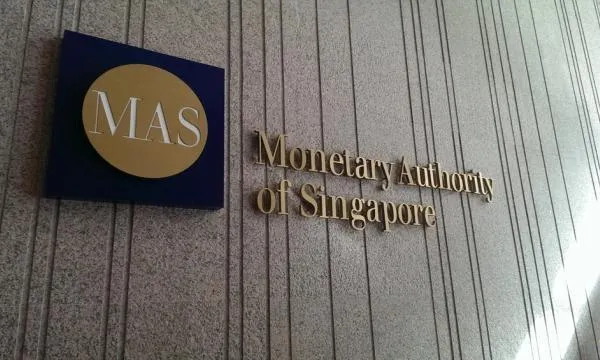
MAS, France complete wholesale cross-border payment experiment using CBDC
It simulated cross-border transactions involving multiple CBDCs on a common network.
The Monetary Authority of Singapore (MAS) and Banque de France (BdF) announced the successful completion of a wholesale cross-border payment and settlement experiment that uses central bank digital currency (CBDC), the two central banks said in a joint statement.
The experiment, supported by J.P. Morgan’s Onyx, simulated cross-border transactions involving multiple CBDCs on a common network between Singapore and France.
This reportedly marks the first multiple CBDC (m-CBDC) experiment that applied automated market-making and liquidity management capabilities for cross-border payment and settlement efficiencies.
“This m-CBDC experiment has broken new ground by decentralizing financial infrastructure, to improve liquidity management and market-making services,” said MAS Chief FinTech Officer Sopnendu Mohanty regarding the experiment. “It charts the path for scalable CBDC networks where central banks and commercial banks can work together to achieve the vision of cheaper, safer, and more efficient infrastructure for cross-border payments.”
MAS and BdF conducted the experiment and made use of a common m-CBDC network, aimed at facilitating cross border payments on a 24x7 real-time basis. The experiment simulated cross-border and cross-currency transactions for Singapore Dollar CBDC and €uro CBDC; and was conducted using a permissioned, privacy-enabled blockchain based on Quorum technology.
Amongst notable outcomes is that it was proven that the number of correspondent banking parties involved in the payment chain for cross-border transactions can be reduced using the m-CBDC network. Consequently, the number of contractual arrangements, the KYC (Know Your Customer) burden, as well as the associated costs, could be cut down, MAS and BdF stated.
They also noted a design for a common m-CBDC network that enabled the two central banks to have visibility on cross border payments, whilst retaining independent control over the issuance and distribution of their own CBDC.
MAS also said that whilst the experiment was limited to two central banks, the design of the m-CBDC network enables it to be scaled up to support the participation of multiple central banks and commercial banks located in different jurisdictions.
Cross border payments currently rely on correspondent bank arrangements that are subject to limited transparency on foreign exchange rates, restricted operating hours of payment infrastructures, and currency settlement delays due to differences in time zones, the central banks said.
“By experimenting with the circulation of EUR CBDC in a shared corridor network, the MAS and the Banque de France tested the possibility of providing a link with other CBDCs all over the world. It is an opportunity to construct arrangements for multiple CBDCs models, improving cross-border payments, and increasing harmonisation of post-trade procedures,” Valérie Fasquelle, director of Infrastructures, Innovation, and Payments - BdF said in a statement.

















 Advertise
Advertise











